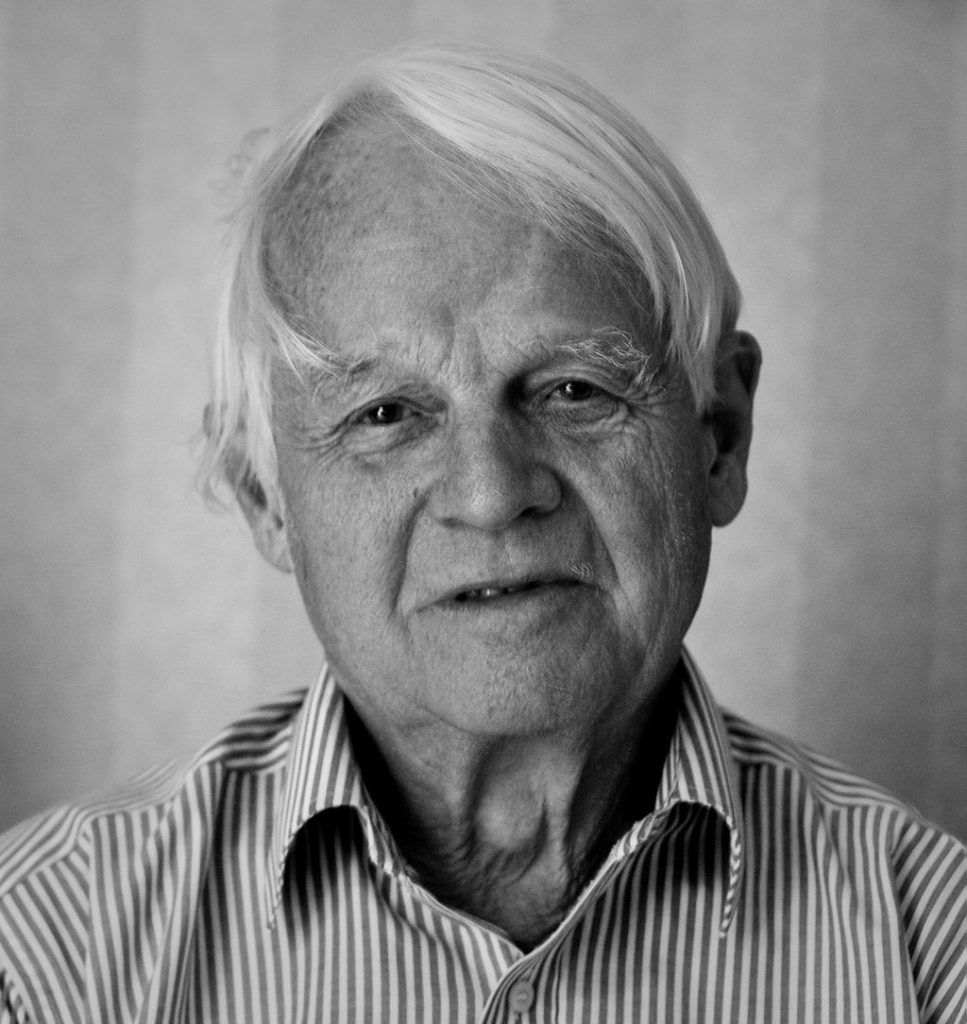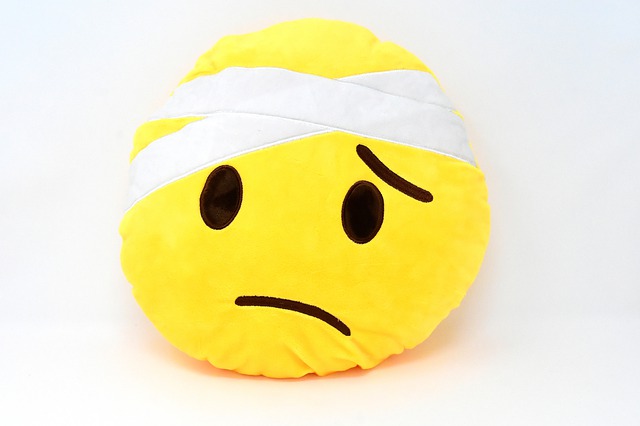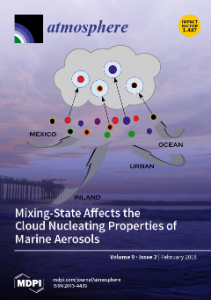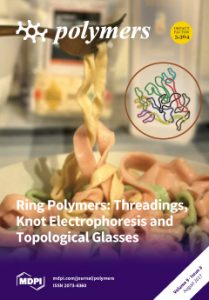
A preliminary study which found that using cold treatment worked to combat a Mediterranean species of fruit flies in blueberries has been retracted.
The study, “Cold Responses of the Mediterranean Fruit Fly Ceratitis capitata Wiedemann (Diptera: Tephritidae) in Blueberry” was published in Insects, an MDPI journal on May 1, 2020.
The retraction appears to be due to some kind of ethics breach, not the findings of the paper itself. It is unclear, however, what kind of ethics breach took place, and none of the authors has responded to requests for comment. The article’s URL in the journal doesn’t even show the abstract but at the time of this writing the full text is available (labeled as retracted) on PubMed.
The retraction notice, dated June 9, 2020 reads:
Continue reading A study on fruit flies is retracted “owing to legal issues of confidentiality”







